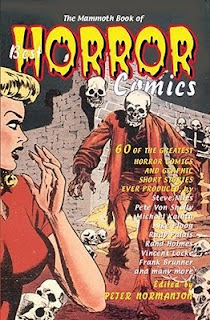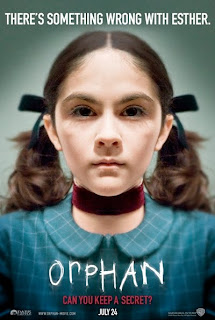The College Education: Effort Invested
Many students approach their college education with a whole range of mixed feelings. There's the excitement of a new level of learning along with more freedom and socializing. Others see it as one more roadblock until they can finally "do something" with their lives (though, that do something usually is some variation on the "make money; buy things" scheme. But the American Enterprise Institute recently published a study revealing that while students may be getting excited about college; they aren't necessarily getting prepared for college. That is, they may have the right levels of intelligence for college, but they are not scheduling significant time for college. Since the 1960s, there has been a significant drop in studying and work that students put into their education. What used to be upwards of 25-30 hours a week of work is now drifting down to 15 hours of work for school. In fact, many students are amazed/disturbed to discover that for coll


